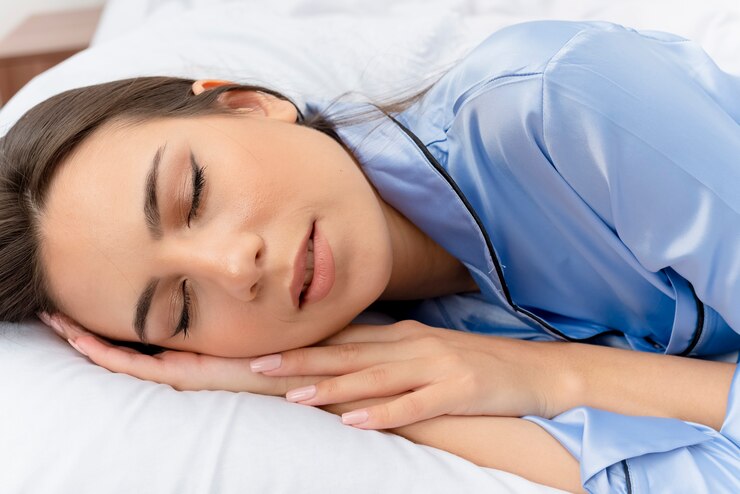Good sleep is a crucial cornerstone to a healthy lifestyle. It is as important as a balanced diet and regular exercise. Good sleep is a combination of the right amount of quality sleep at the right time and on a consistent basis. The American Academy of Sleep Medicine recommends adults sleep a minimum of seven hours per night on a regular basis, which means more than one-third of Americans are sleep deprived. Sleep affects nearly every bodily function, from cognitive ability and memory, the immune system’s ability to fight off infection, and how the metabolism is regulated. But just one poor night of sleep or one very long period of wakefulness can have enough of an effect to lead to serious consequences, like a car crash caused by drowsy driving Effects of Sleep Deprivation Sleep deprivation can have the same effects on the body as being intoxicated. Staying alert, recalling simple facts or driving a car become difficult. Sleep deprivation increases the risk of serious health problems. People who are sleep deprived are more likely to have heart disease, high blood pressure, cancer or a stroke. They are also more likely to get infections because the body’s immune responses are blunted by lack of deep sleep. Symptoms of Sleep Deprivation A person suffering from sleep deprivation may not be aware of it. Often, an event of sleepiness will occur that will cause a person to wake up and realize they were asleep. Sometimes, it takes a family member or friend to recognize the symptoms of sleep deprivation and call attention to the problem. Feeling tired Mood changes, such as increased anxiety or irritability Causes of Sleep Deprivation Sleep deprivation can be caused by not getting enough sleep, not getting good quality sleep or both. Sometimes, people can feel forced into sleep deprivation simply because of day-to-day life, like working two jobs or caring for family. If you struggle with symptoms of sleep deprivation, it can be helpful to keep a journal or use an app to track your sleep habits to narrow down the cause. Bad sleep hygiene (for example, a lack of bedtime routine, using electronic devices at bedtime or sleeping with bright lights on) Caffeine Alcohol and tobacco use Sleep apnea Acid reflux Pain
Thank you for reading this post, don't forget to subscribe!
Friday, June 27, 2025


